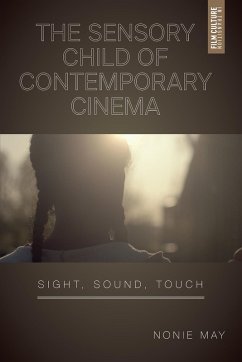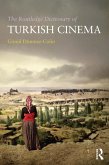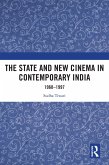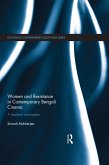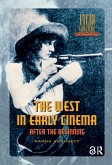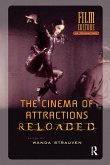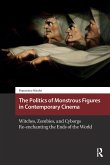The Sensory Child: Sight, Sound, Touch examines a poetic film form evident in contemporary cinema that seems intent on capturing the textures, the materials, and the sensations of childhood. These films foreground the child's point of view, construct a child's gaze, and mobilise an aesthetic that evokes a sensory recollection of childhood. This complex arrangement of aesthetic modes is intended to address the adult spectator bodily, and evoke the vivid, sensory memories of childhood. The Sensory Child rethinks a gap in contemporary film theory created by a seeming hiatus between psychoanalytic and phenomenological approaches to the cinema. The book examines key instances of this aesthetic of childhood in the films
Aftersun (2022),
The Fits (2015),
What Maisie Knew (2013), and
Moonlight (2016). May argues that psychoanalytic theory can elucidate the significance of such tactile moments, offering insight into the meaning evoked for the spectator by this sensory, poetic film form.
Dieser Download kann aus rechtlichen Gründen nur mit Rechnungsadresse in A, B, BG, CY, CZ, D, DK, EW, E, FIN, F, GR, HR, H, IRL, I, LT, L, LR, M, NL, PL, P, R, S, SLO, SK ausgeliefert werden.

